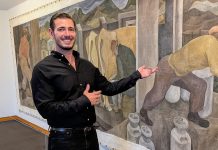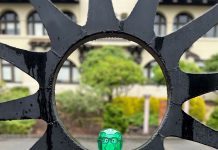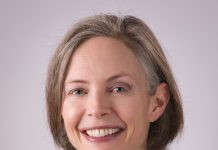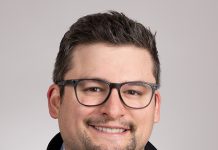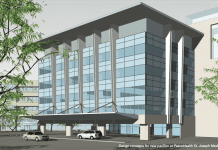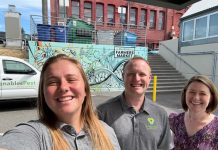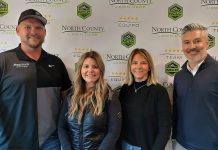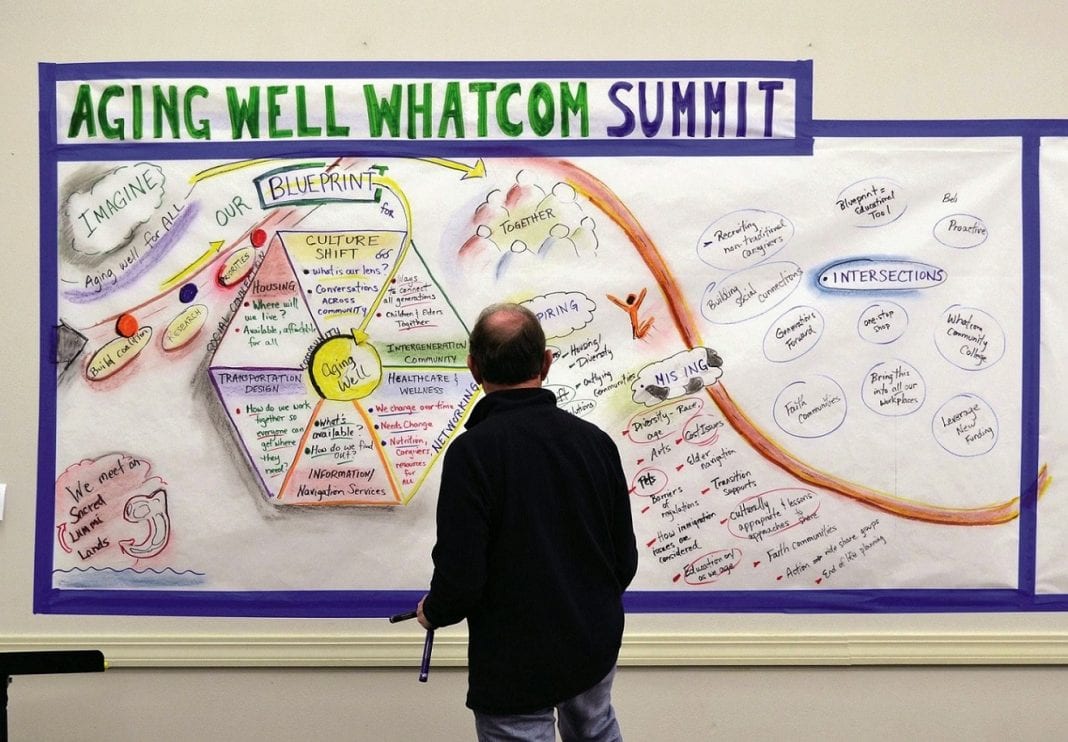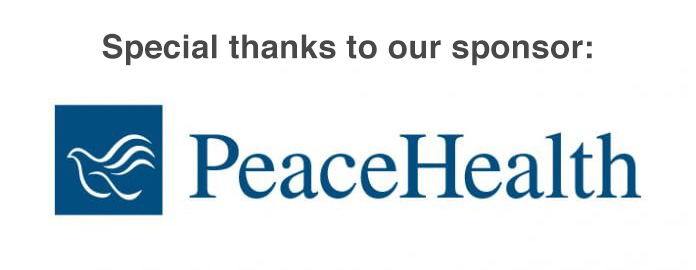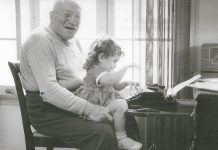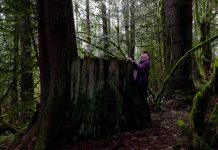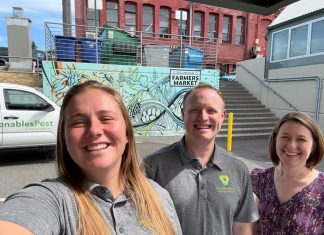Long-time locals might remember St. Luke’s General Hospital, which served Bellingham and Whatcom County for over 100 years. When it sold in 1983, the proceeds were used to establish the Chuckanut Health Foundation, which now offers an impressive list of programs to improve community health. Recently, the Foundation launched Aging Well Whatcom to address the fact that all of us are getting older, and there’s a good chance we’ll need help sooner or later—so why not plan for it now?
“For 38 years, the foundation has been focused on what we call the social determinants of health,” says Heather Flaherty, executive director of the Chuckanut Health Foundation. “The healthcare system contributes to our health, and the rest depends on whether you live in a neighborhood with sidewalks, have clean air, the ability to be in relationships and healthy ways access to food.”
Chuckanut Health Foundation takes a good look at these everyday factors, and provides assistance where it is needed. “Our vision is that every child gets a healthy start, and every person gets the care they need throughout their lifetime,” Flaherty says. “A few years ago, Chuckanut saw a gap in community planning for older adults, so we brought together a coalition of people who were in recreation and transportation, people who take direct care of seniors—all the things that go into creating a community—to create a community plan. To get us all rowing the boat in the same direction, so to speak.”
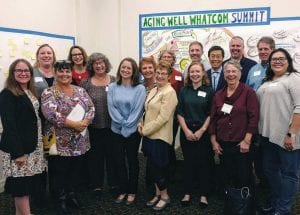
The coalition developed an Aging Well Blueprint, which covers six areas based on research, surveys and interviews: housing, transportation, healthcare and wellness, culture shift, intergenerational connections, and information navigation. They scheduled a summit meeting to share the blueprint with the broader community and get input on priority strategies.
“We were thinking maybe 35 people would come, but 200 showed up from across the community,” says Flaherty. “Our county executive, people from AARP, and funders from foundations all had their different reasons for coming. All the different resources have different people answering phones and giving different information, and you can be on different waiting lists for assisted living or a doctor’s appointment, so information navigation is a big component.”
Intergenerational connection received so much attention that a smaller group formed after the summit to look into bringing people of different ages together. “Out of that came the idea of the Dear Friend Pen Pal Project, something we could bring the community into safely,” says Operations Coordinator Tessa Whitlock.

The project launched in October and has already received 772 letters from the community. “We have community partners that act as drop off sites: the YMCA, Allied Arts, Art and Happiness, and eight WECU branches have made their night drop locations available,” Whitlock says. “We then get them to Summit Place, Mount Baker Care Center, Rosewood Villa, Christian Health Care Center up in Lynden, and the Meals on Wheels program.”
Aging Well Whatcom is also launching a website dedicated to sharing seniors’ perspectives, in their own words. “Older adults tell their story, captured on Zoom, and at the same time there’s an artist painting a portrait of them,” Flaherty says. The finished portraits will then be shown alongside the interviews. “There’s so much value that older adults bring: they bring wisdom, experience and time, they bring resources. Once you have that in your mind, you start to see the advertisements for anti-aging lotions and workouts and think, ‘Why is aging a bad thing? We need to celebrate aging.”
The coalition is also looking forward to the time when COVID restrictions can be lifted. “How do we design a space so that older adults and young people can have interactions organically?” says Flaherty. “All of the research shows that when younger people get to hang out with older people, there are benefits. Older people learn from young people, and young people can learn from older people’s mentorship.” Right now, the different rules governing day care centers and senior living facilities keep them from existing together, and the best way to change that for the future is to update the policies and laws that are currently in place.
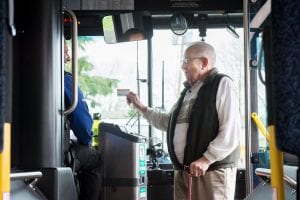
Advocacy and policy change are among Aging Well’s tools for creating the shift in culture called for by their blueprint. “It’s an ongoing goal: How do we make sure we’re considering older adults? Everything from making sure that sidewalks are accessible, to facilitating ways for people to connect with their neighbors, to having a phone number that’s easy to call to get what you need,” says Program Manager Lara Welker. “When we say ‘culture shift,’ we mean instead of thinking of older adults as burdens or as a population that uses our resources, thinking of them as a population full of resources—shifting the paradigm around, and thinking about the value of older adults in our communities.”
“Aging Well Whatcom is not only about programs and services,” Welker continues, “it’s really more about the fabric of our community, how we live together, and how we take care of each other.”

